Supreme Court Chief Justice Helen Bowskill channelled the ‘Queen of Soul’ when she delivered the seventh Annual Pride in Law Address last week.
“R E S P E C T. What does it mean for us?” Chief Justice Bowskill asked the audience at the Brisbane’s Banco Court on Thursday, referencing Aretha Franklin’s powerful tune to begin her speech about the rights of LGBTIQA+ people.
She said respect was what belonging and inclusion looked like in a real sense.
“Perhaps to be valued for who we are, our abilities, qualities and achievements, and what we contribute to society, not how we look or where we come from or who we love,” Chief Justice Bowskill said.
“Perhaps to have our feelings, wishes, preferences and rights acknowledged; and to be treated equally, regardless of our differences.
“To not have to fight for or demand equal treatment, but to be able to expect it.
“To be encouraged to feel proud of who we are, because we are respected for it.
“All any of us is asking for is a little respect, at home, at work, in the community.”
Her words struck a chord at the event organised by Pride in Law, the national LGBTIQA+ Law Association, whose members turned out in vibrant show of support.



Chief Justice Bowskill said Pride in Law provided “a framework of support and strength, so that individuals can feel free to celebrate their differences, and be themselves; but also advocate for recognition and equality”.
“Despite all the enormous gains we have made in terms of increasing diversity within the legal profession, we still have a long way to go, and we are not yet at the stage in our societal development where advocacy and support organisations like Pride in Law are no longer needed,” she said.
“Networks of support and visible role models continue to be identified as essential to an individual’s confidence to be themselves.”
Chief Justice Bowskill pointed to initiatives that demonstrated a commitment to achieving equality in Australia, including the Supreme Court Practice Direction 10 of 2023 – Pronunciation of Names and Preferred Forms of Address.
“The idea behind the Practice Direction is to simply make it the ‘norm’, by having a box to tick on an appearance slip, for a person who wishes to do so to identify their preferred salutation or pronoun,” she said.
“In that way, if you wish to communicate that information to the court, you can do so without having to single yourself out. Your difference is respected; but you don’t have to fight for that respect.”
Chief Justice Bowskill said the change might have been small, and might affect a small number of people, but was significant.
“There may be other measures that can be introduced in order to address to barriers that exist or otherwise to promote inclusion and substantive equality. I’m keen to learn, to understand and to help to address issues where I can,” she said.
“Organisations such as Pride in Law, and the professional working groups that are established, for example, by the Queensland Law Society or the Bar Association of Queensland, are important, as the avenue for communication of ideas.
“But I appreciate it’s also important to know that there is an open mind at the other end of that communication, and that is ultimately the message I wish to convey.”
For more information or to join Pride In Law, visit its website.



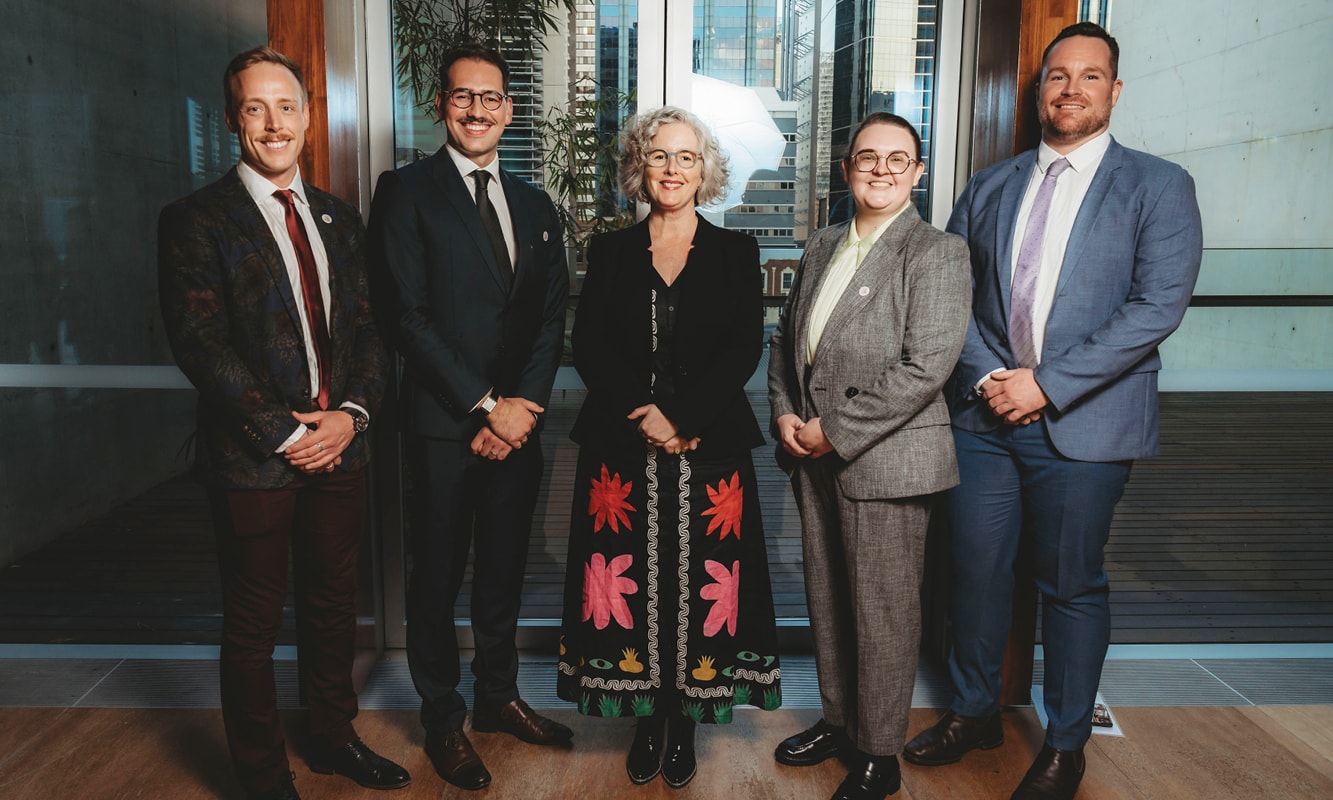

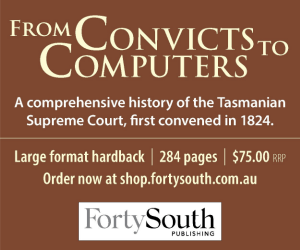


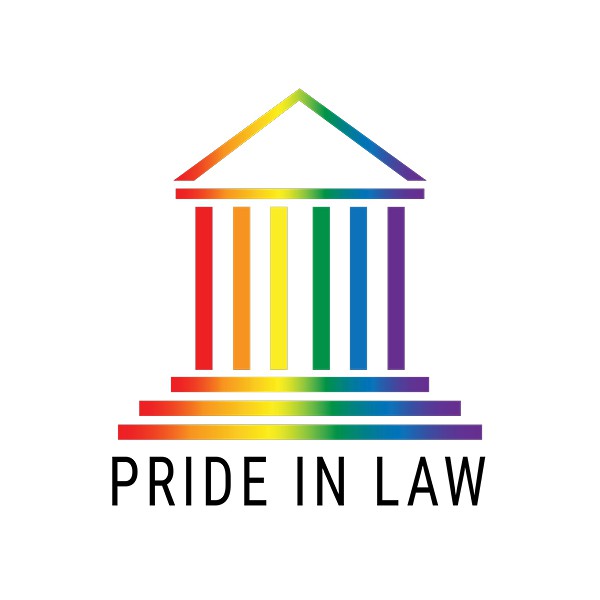
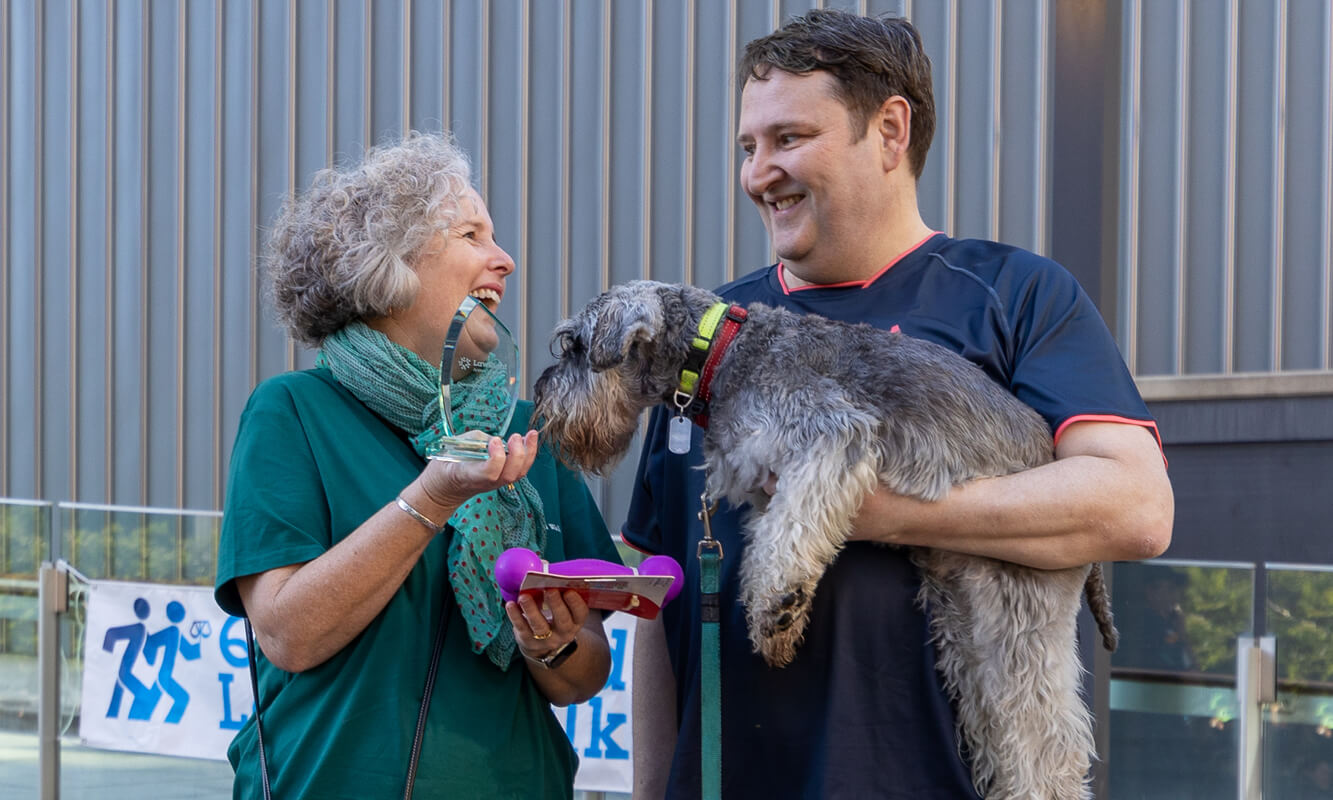


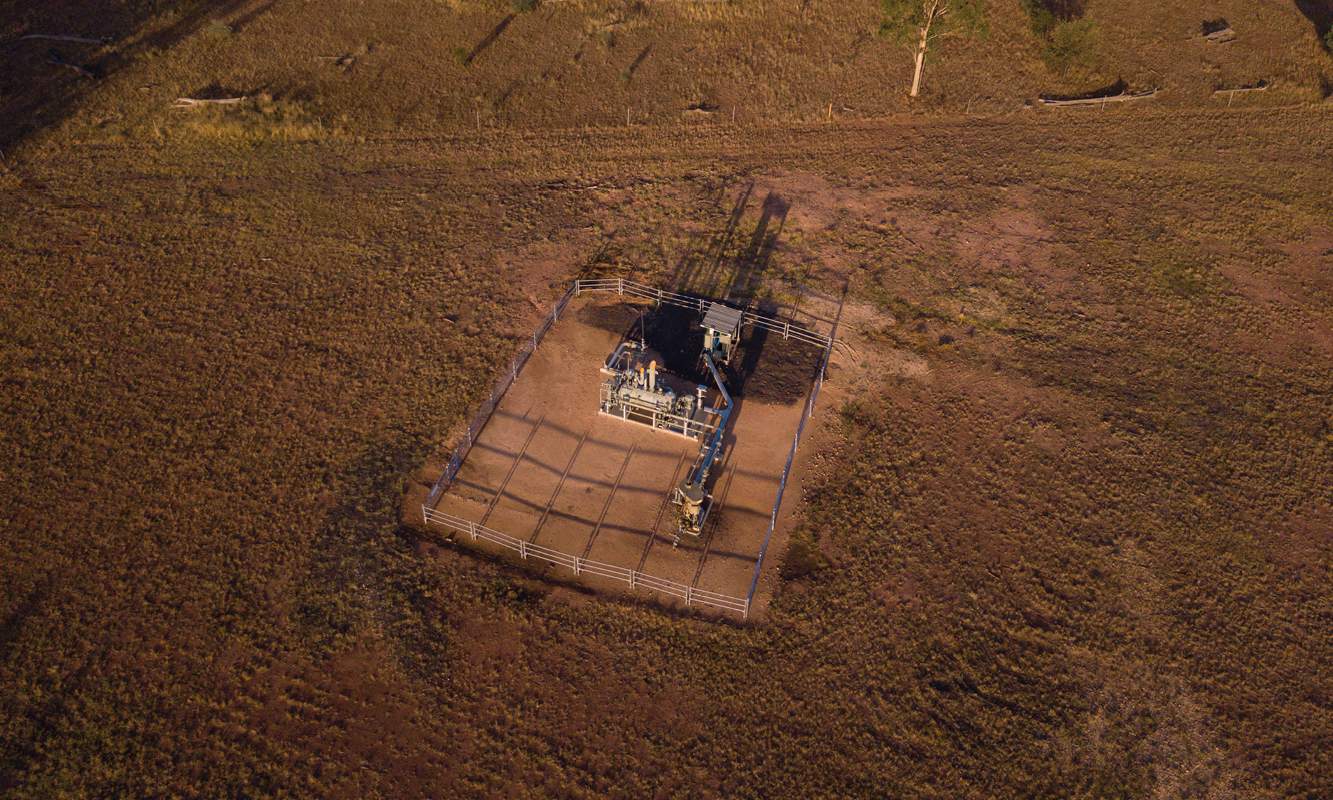

Share this article